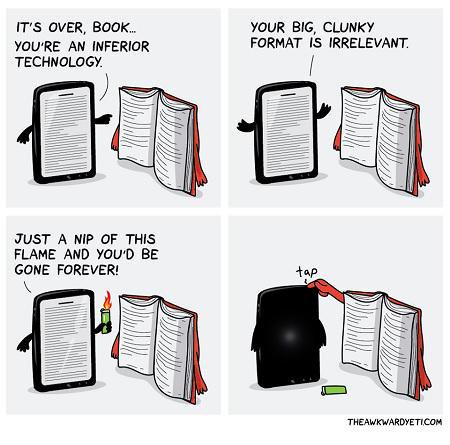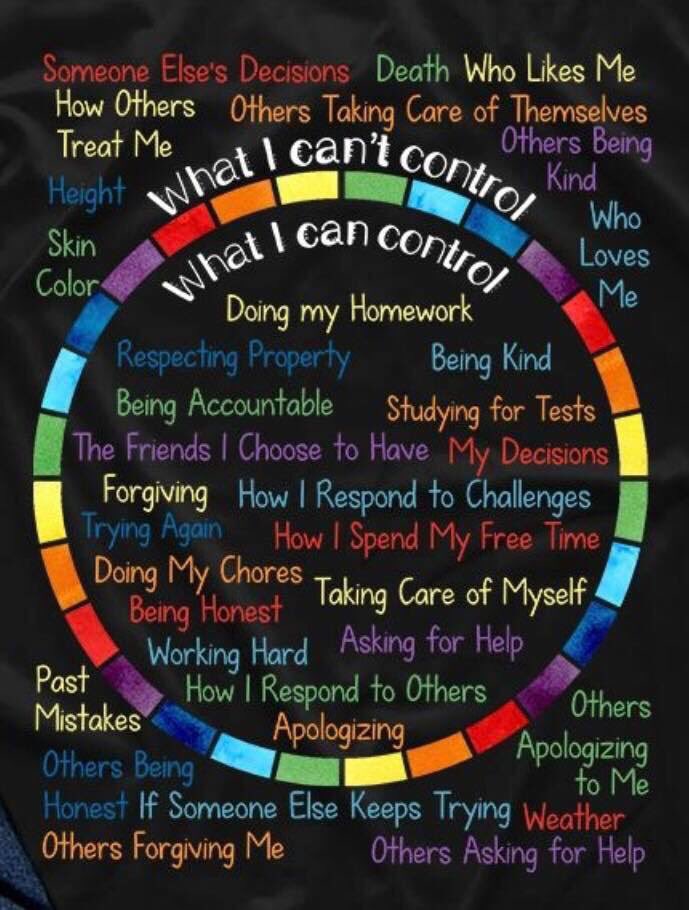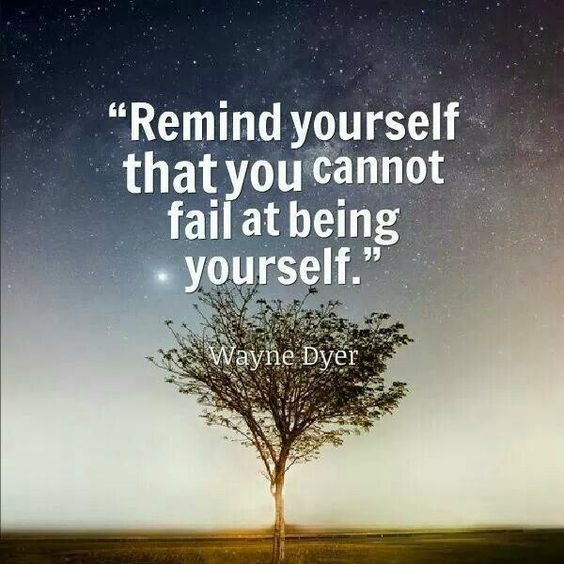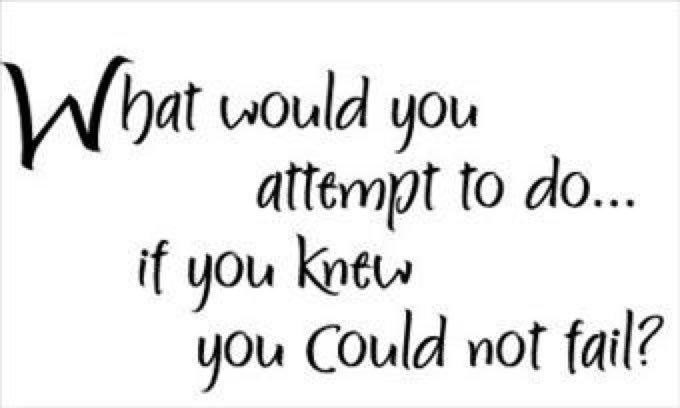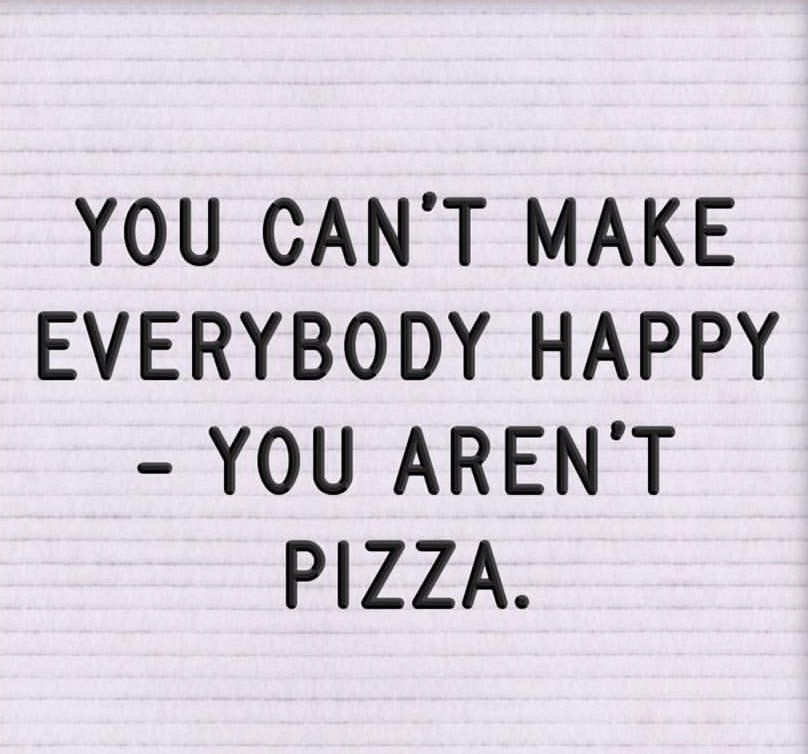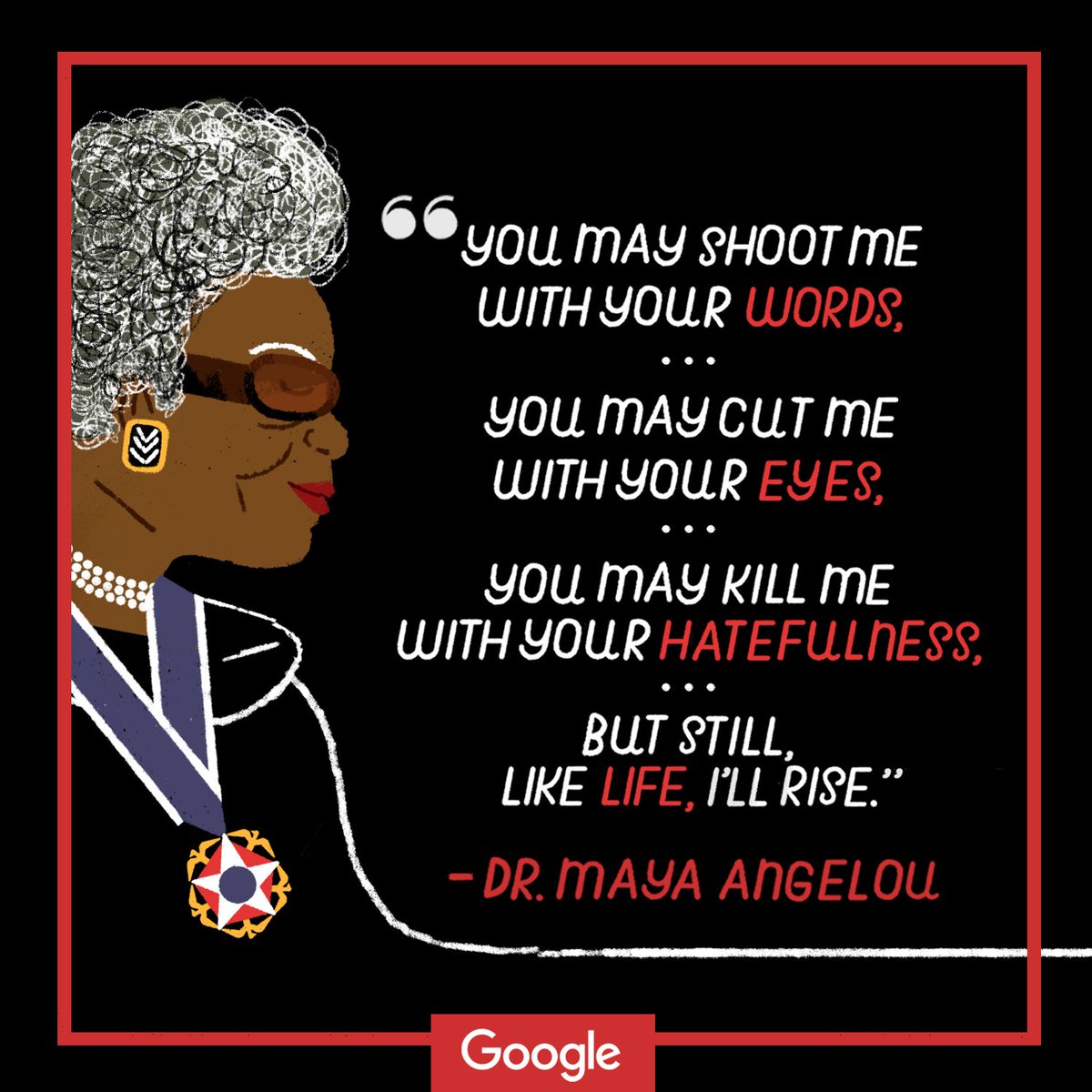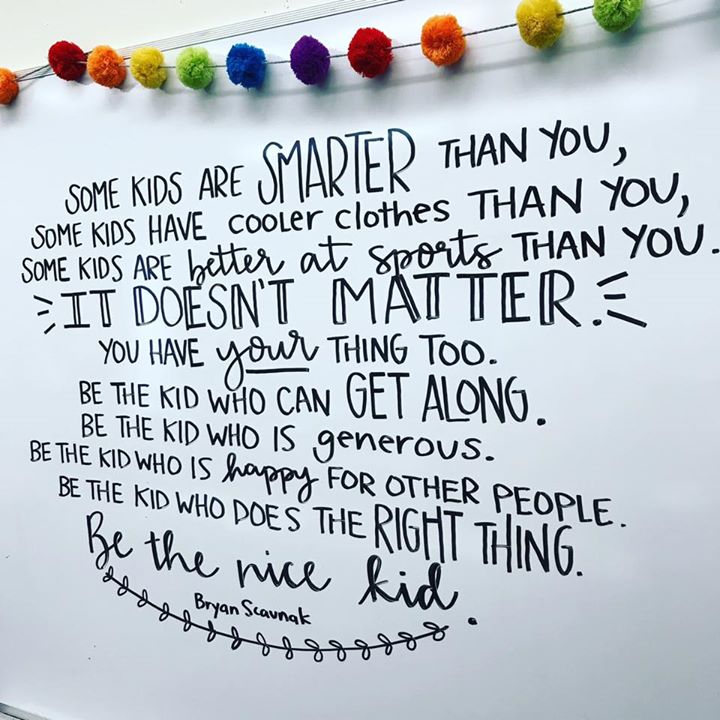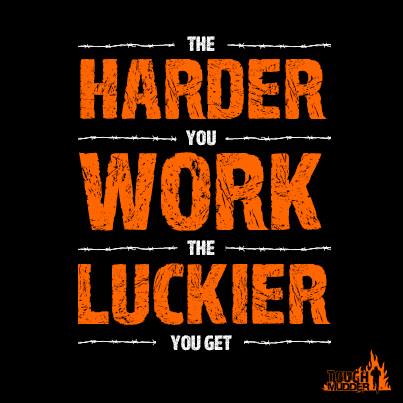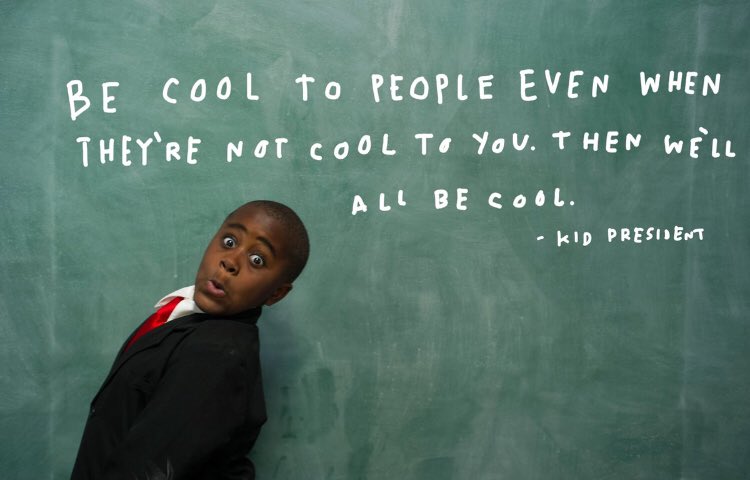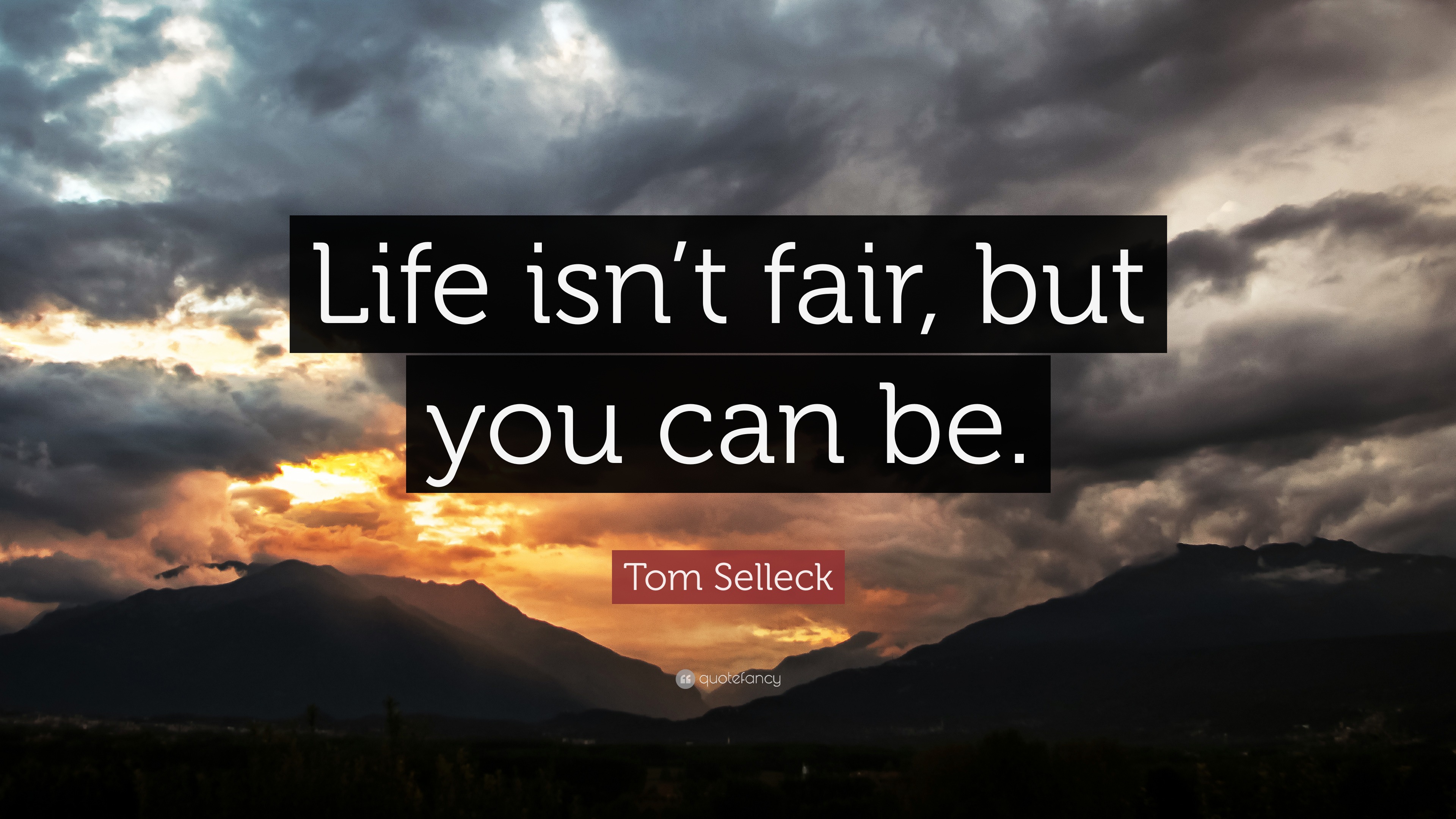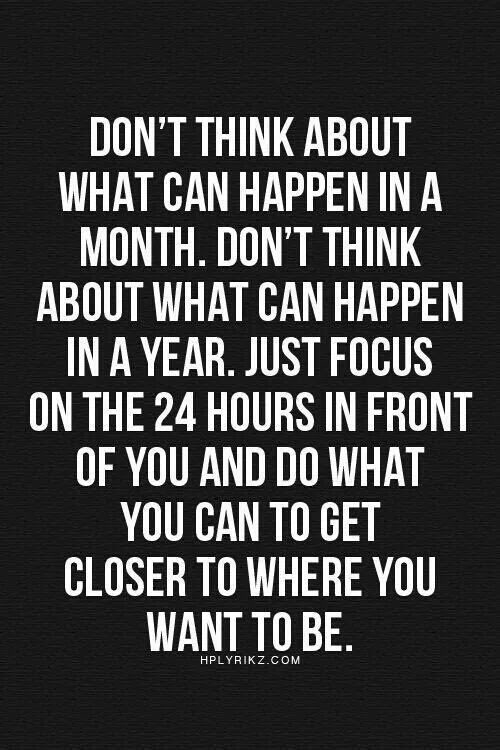Friday, December 7, 2018
Be Fast and Smart
Labels:
Daily Grammar Review,
Homophone,
Quizizz,
Reading Workshop
The Missing Pooch, Whodunnit
Your task is to solve the mystery. To get the case information go HERE.
Alivia did excellent example of how to write the Resolution except she chose the wrong person. The format she used though is excellent.
 You will file your case resolution in Jupiter Grades.
You will file your case resolution in Jupiter Grades.Your evaluation as a detective will be based on:
Logical reasoning + correct suspect = A;
Logical reasoning +incorrect suspect = B;
Faulty reasoning + correct suspect = C;
Faulty reasoning + incorrect suspect = D;
Poor participation = F
Labels:
Problem Solving,
Reading Workshop,
Teamwork,
Whodunnit
Thursday, December 6, 2018
Wednesday, December 5, 2018
Tuesday, December 4, 2018
Monday, December 3, 2018
Sunday, December 2, 2018
Friday, November 30, 2018
Thursday, November 29, 2018
Wednesday, November 28, 2018
Monday, November 26, 2018
Tuesday, November 20, 2018
Sunday, November 18, 2018
Apostrophes and Plurals
Labels:
Daily Grammar Review,
editing,
Grammar,
Grammar Monster,
Reading Workshop,
Writing
Friday, November 16, 2018
Friday, November 9, 2018
Argumentative Essay Project
After twenty years and six attempts, Logan Elm has passed a building levy. We will be building a new K-12 school. What do you think is the most important thing to consider when building a new school?
This could have to do with science labs, technology, separate areas for each grade level, middle school teams, lunch and cafeteria, playground for elementary, library needs, restrooms, music and band, art class, gyms, busing, school day (start and end time, length), office, intercom, safety/security, resources, furniture (tables or desks), parking, lighting, floors (carpet or tile), scheduling, handicap accessibility, or many other options. What is a priority for you, Reading Workshop students?
An Argumentative Essay:
I. Introduction
1. Introduce the topic by giving background information that briefly explains the topic so that the reader will understand the topic to be argued. (3-4 sentences)
This could have to do with science labs, technology, separate areas for each grade level, middle school teams, lunch and cafeteria, playground for elementary, library needs, restrooms, music and band, art class, gyms, busing, school day (start and end time, length), office, intercom, safety/security, resources, furniture (tables or desks), parking, lighting, floors (carpet or tile), scheduling, handicap accessibility, or many other options. What is a priority for you, Reading Workshop students?
An Argumentative Essay:
- Has a clear introduction
- States a focus/position statement clearly, precisely, and thoughtfully
- Uses specific evidence from the text(s) to support and develop the position, and explains that evidence logically
- Takes into account what people who disagree with you might think and tries to respond to that
- Concludes effectively
Keep in mind that an argumentative essay is based more on facts as opposed to emotion. When picking a topic you’re interested in, be sure to pick one that you can support with evidence and reasoning. You will need facts, statistics, and reports from sources you and your audience can trust.
I. Introduction
1. Introduce the topic by giving background information that briefly explains the topic so that the reader will understand the topic to be argued. (3-4 sentences)
2. Add the thesis statement that clearly and strongly states your opinion concerning the
topic. Writing a direct thesis by including the reasons in your thesis is optional.
II. Body Paragraphs
1. The first two (or more) body paragraph gives a reason that supports the opinion stated in the thesis. This reason is supported with facts, data, or information. You must quote an article or person that supports your position. You must also have a link to another article that has information that supports your position.
2. One paragraph discusses the opposite viewpoint. After you pose the counter argument, contest it. Say why the counter argument is faulty and why your argument is stronger.
III. Conclusion
1. Use a transition signal for the conclusion such as: in conclusion, to conclude, etc.
2. Restate the thesis in different words than you used in your introduction.
3. Summarize your main points.
4. End with a final comment on the topic.
topic. Writing a direct thesis by including the reasons in your thesis is optional.
II. Body Paragraphs
1. The first two (or more) body paragraph gives a reason that supports the opinion stated in the thesis. This reason is supported with facts, data, or information. You must quote an article or person that supports your position. You must also have a link to another article that has information that supports your position.
2. One paragraph discusses the opposite viewpoint. After you pose the counter argument, contest it. Say why the counter argument is faulty and why your argument is stronger.
III. Conclusion
1. Use a transition signal for the conclusion such as: in conclusion, to conclude, etc.
2. Restate the thesis in different words than you used in your introduction.
3. Summarize your main points.
4. End with a final comment on the topic.
Perhaps the biggest mistake people make in writing an argumentative essay is to state their opinions instead of facts. Remember that each claim you make must be supported by solid evidence if your argument is to hold up to the opposing views.
Monday, October 29, 2018
Friday, October 26, 2018
Monday, October 8, 2018
Wednesday, October 3, 2018
Tuesday, October 2, 2018
Thursday, September 27, 2018
Writing to the Prompt
The assignment:
Describe the impact the setting makes on the story in the book you are reading. Please give details from the book to support your response.
Hannah's Response is organized, stays on topic, uses topic sentences to keep the reader focused, and has many supporting details from the text.
Horizon Setting
In the book Horizon the setting first starts in a plane and then the plane crashes and leave nine people out of 500 to survive in the wilderness with nothing, but some items from the plane. The plane was heading to Japan for four of the kids to do a robot soccer championship. The kids brought their own robots but lost them in the crash. They had also got a cool gravity controller that can send them high up in the sky. The setting impacts the story because the kids have nothing but some luggage from other people, and a sword that Yoshi one of the people had brought on the trip to be safe. They have three survival kits that they found in the plane that had only three knifes and some water and a couple of snacks. They water and food wouldn't last for long knowing that they are in the wild. The setting impacted the story a lot in this book because the survivors saw some weird looking planet like things in the sky at night, this made them think that they were on a different planet.
The setting also changed the way they acted because knowing that they could be on a different planet made them scared. If they would have seen some type of town or other people that lived there, or even planes they had flown by could have helped. They got a cool gravity controller that could send them up in the air to see. This helped the kids because they could see some possible food sources or even water to drink after they ran out. The gravity controller helped them because the jungle that they wound up in had a really bad fog or mist in the day time and at night they could see the sky. The controller made them jump above the fog and they could see again. The setting impacted the book because they had to try new foods and there were no people to ask for help or to guide them. The jungle at night effected the story a lot because it was more scary to hear the noises and sounds. They were scared knowing that there might not be a way to leave the scary jungle.
The setting effected the book because the kids found some weird things that made them jump because they didn't know what it could be, like a scary bird or some big snake or even a new species. The setting could change the way they though. The kids were scared just because the planets made them think different. The setting made them want to explore more and get out there and see what they can do with what they have even if it's not much. The kids saw stuff that made them feel weird and not safe and it caused them to freak out and then freak out some more.
In the book Horizon the setting first starts in a plane and then the plane crashes and leave nine people out of 500 to survive in the wilderness with nothing, but some items from the plane. The plane was heading to Japan for four of the kids to do a robot soccer championship. The kids brought their own robots but lost them in the crash. They had also got a cool gravity controller that can send them high up in the sky. The setting impacts the story because the kids have nothing but some luggage from other people, and a sword that Yoshi one of the people had brought on the trip to be safe. They have three survival kits that they found in the plane that had only three knifes and some water and a couple of snacks. They water and food wouldn't last for long knowing that they are in the wild. The setting impacted the story a lot in this book because the survivors saw some weird looking planet like things in the sky at night, this made them think that they were on a different planet.
The setting also changed the way they acted because knowing that they could be on a different planet made them scared. If they would have seen some type of town or other people that lived there, or even planes they had flown by could have helped. They got a cool gravity controller that could send them up in the air to see. This helped the kids because they could see some possible food sources or even water to drink after they ran out. The gravity controller helped them because the jungle that they wound up in had a really bad fog or mist in the day time and at night they could see the sky. The controller made them jump above the fog and they could see again. The setting impacted the book because they had to try new foods and there were no people to ask for help or to guide them. The jungle at night effected the story a lot because it was more scary to hear the noises and sounds. They were scared knowing that there might not be a way to leave the scary jungle.
The setting effected the book because the kids found some weird things that made them jump because they didn't know what it could be, like a scary bird or some big snake or even a new species. The setting could change the way they though. The kids were scared just because the planets made them think different. The setting made them want to explore more and get out there and see what they can do with what they have even if it's not much. The kids saw stuff that made them feel weird and not safe and it caused them to freak out and then freak out some more.
Wednesday, September 26, 2018
Tuesday, September 25, 2018
Signs of Success
What does your success look like? When you are at your best, how do we see it? How do you feel? What happens? Share your success on The Reading Workshop Forum Thought for the Day.
Labels:
Reading Workshop,
success
Monday, September 17, 2018
Wednesday, September 12, 2018
Thursday, September 6, 2018
Wednesday, September 5, 2018
Outstanding Articles
 We are looking for some Outstanding Articles in Reading Workshop. Students, you will research looking for interesting and intriguing articles online. When you find one, you will write a short (1-2 paragraph) review with a link and a thought provoking question.
We are looking for some Outstanding Articles in Reading Workshop. Students, you will research looking for interesting and intriguing articles online. When you find one, you will write a short (1-2 paragraph) review with a link and a thought provoking question.
Articles that are chosen will be read by the entire class and responses will be shared on the Reading Workshop Forum. The student that has the winning article suggestion will earn an A for the article and will not have to write a response.
You might search for articles at:
Kids Post
Labels:
Nonfiction,
Reading Workshop,
Writing Responses
Wednesday, August 29, 2018
Monday, August 27, 2018
Thursday, August 23, 2018
Monday, August 20, 2018
Tuesday, May 22, 2018
Monday, April 30, 2018
Survival Mode
I came in this morning with a cold. My brain was working at about half this speed.
Video from @tabbyrodriguez/twitter
Video from @tabbyrodriguez/twitter
Labels:
Monday,
Reading Workshop
Thursday, April 12, 2018
Wednesday, April 11, 2018
Thursday, April 5, 2018
Wednesday, April 4, 2018
Tuesday, March 27, 2018
Friday, March 23, 2018
Thursday, March 22, 2018
Tuesday, March 20, 2018
Wednesday, March 14, 2018
Tuesday, March 13, 2018
An Unexpected Visitor
Kyle was sitting in his room doing his Read at Home assignment when he had an unexpected visitor show up to listen to him read.


Labels:
RAWYC,
Read at Home,
Reading Workshop
Tuesday, March 6, 2018
Monday, March 5, 2018
Wednesday, February 28, 2018
Slide Show Team Project
As Reading Workshop students begin work on a Google Slide Show project explaining how to read nonfiction, how the team works together will go a long way towards determining their success. This message should serve as a guide.
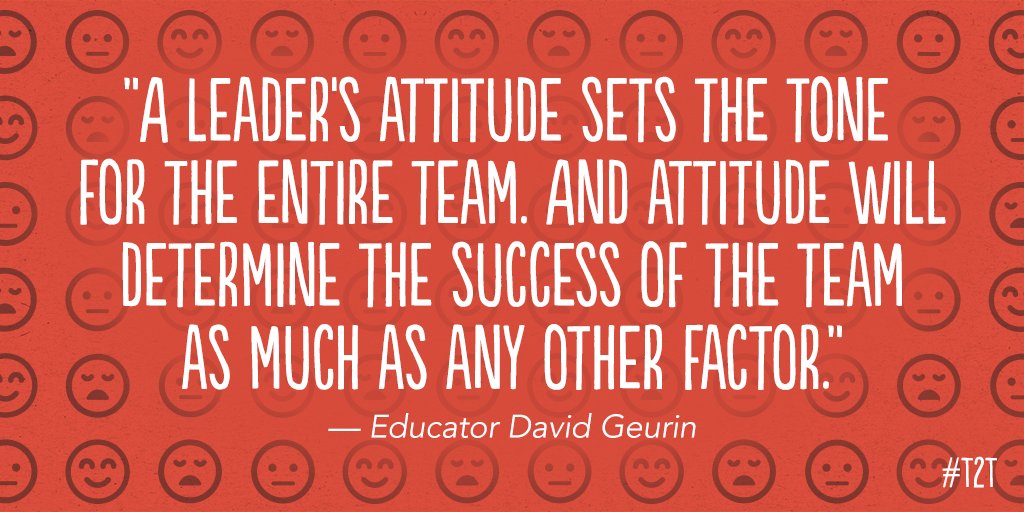
Labels:
Positive attitude,
Reading Workshop,
success
Tuesday, February 27, 2018
Thursday, February 22, 2018
Wednesday, January 31, 2018
Thursday, January 11, 2018
Help with Your Writing
Just copy your essay, go to Hemingway App, paste it into the webpage, and click on edit. This web page will give you tips on making your writing better.

Labels:
editing,
Hemingway App,
Reading Workshop,
Writing
Thursday, January 4, 2018
Online Outline
The best way to write an organized essay that makes sense is to organize your writing before you start. Here is a handy tool to help with that. The Outliner of Giants Online Outliner
Labels:
Outline,
Outliner of Giants,
Reading Workshop,
Writing
Wednesday, January 3, 2018
Writing an Argumentative Essay
An Argumentative Essay:
I. Introduction
1. Introduce the topic by giving background information that briefly explains the topic so that the reader will understand the topic to be argued. (3-4 sentences)
- Has a clear introduction
- States a focus/position statement clearly, precisely, and thoughtfully
- Uses specific evidence from the text(s) to support and develop the position, and explains that evidence logically
- Takes into account what people who disagree with you might think and tries to respond to that
- Concludes effectively
Keep in mind that an argumentative essay is based more on facts as opposed to emotion. When picking a topic you’re interested in, be sure to pick one that you can support with evidence and reasoning. You will need facts, statistics, and reports from sources you and your audience can trust.
I. Introduction
1. Introduce the topic by giving background information that briefly explains the topic so that the reader will understand the topic to be argued. (3-4 sentences)
2. Add the thesis statement that clearly and strongly states your opinion concerning the
topic. Writing a direct thesis by including the reasons in your thesis is optional.
II. Body Paragraphs
1. The first two (or more) body paragraph gives a reason that supports the opinion stated in the thesis. This reason is supported with facts, data, or information.
2. One paragraph discusses the opposite viewpoint. After you pose the counter argument, contest it. Say why the counter argument is faulty and why your argument is stronger.
III. Conclusion
1. Use a transition signal for the conclusion such as: in conclusion, to conclude, etc.
2. Restate the thesis in different words than you used in your introduction.
3. Summarize your main points.
4. End with a final comment on the topic.
topic. Writing a direct thesis by including the reasons in your thesis is optional.
II. Body Paragraphs
1. The first two (or more) body paragraph gives a reason that supports the opinion stated in the thesis. This reason is supported with facts, data, or information.
2. One paragraph discusses the opposite viewpoint. After you pose the counter argument, contest it. Say why the counter argument is faulty and why your argument is stronger.
III. Conclusion
1. Use a transition signal for the conclusion such as: in conclusion, to conclude, etc.
2. Restate the thesis in different words than you used in your introduction.
3. Summarize your main points.
4. End with a final comment on the topic.
Perhaps the biggest mistake people make in writing an argumentative essay is to state their opinions instead of facts. Remember that each claim you make must be supported by solid evidence if your argument is to hold up to the opposing views.
Here are some sample topics. To find the entire list, go to the RW Wiki Argumentative Topic List.
School and Kids
Is child behavior better or worse than it was years ago?
Is homework harmful or helpful?
Is Cheating Getting Worse?
Should Students Be Able to Grade Their Teachers?
Does Your School Hand Out Too Many A’s?
Technology
Are we too dependent on computers?
Are cell phones dangerous?
Do violent video games cause behavior problems?
Have people have become overly dependent on technology?
Does Technology Make Us More Alone?
Social Issues
Are Adults Hurting Young Children by Pushing Them to Achieve?
Should the Government Limit the Size of Sugary Drinks?
Which Is More Important: Talent or Hard Work?
Is Your Generation More Self-Centered Than Earlier Generations?
Sports
Does participation in sports keep teens out of trouble?
Is competition good?
Should Home-Schoolers Be Allowed to Play Public School Sports?
Does participating in team sports helps to develop good character?
If Football Is So Dangerous to Players, Should We Be Watching It?
Labels:
Argumentative Essay,
Reading Workshop,
Writing
The Way to Start the Year Right

Image from #teachergoals
Labels:
Hard Work,
Kindness,
Reading Workshop,
success
Tuesday, December 19, 2017
Monday, December 18, 2017
Tuesday, December 12, 2017
Sometimes You Just Need to Rhyme
So what do you do when you need to rhyme? How about going to Rhymezone? When you are writing a poem and you need a word bank to help you, Rhymezone is a great resource. All you do is type in the word and it gives you a bunch of choices. Don't forget though, a poem still has to make sense and be meaningful.
Labels:
Poetry,
Reading Workshop,
Rhyme
Monday, December 11, 2017
Friday, December 8, 2017
Thursday, December 7, 2017
Revising Poetry
So you get a first draft of a poem and it seems pretty good. Now what? Is it ready to publish? Everything is spelled right. It makes sense. So how do you revise? How do you make it better? What can you do with a basic poem like this, that has a good topic choice with a nice twist at the end and make it into an A+ poem that grabs the reader?
That one kid makes me sad,
That one kid makes me mad.
When I see him I just go Eww!!!!
I don’t like him,
He doesn’t like me.
We fight all the time.
She started it!
No he started it!!
He makes me go crazy,
I make him flip out.
But the truth is………
He’s my brother.
One area that could be improved is word choice. The Reading Workshop Poetry Rubric says, Word choice is exact, colorful, and interesting. What words could be changed to improve this poem? Is there a synonym for sad that would be more interesting? Or mad? Or doesn't like?
We could also look at improving and adding sensory details like the rubric describes as, Uses sensory details to help the reader see, hear, feel, and/or think. What could be changed to help what the reader visualizes? Could the "one kid" be described in some way? What changes would help the reader see the fight?
When you have completed your revised version, paste it into the form below.
You can see revisions HERE.
You can see revisions HERE.
Labels:
Free Verse Poems,
Poetry,
Reading Workshop,
Revision
Tuesday, December 5, 2017
Subscribe to:
Posts (Atom)

